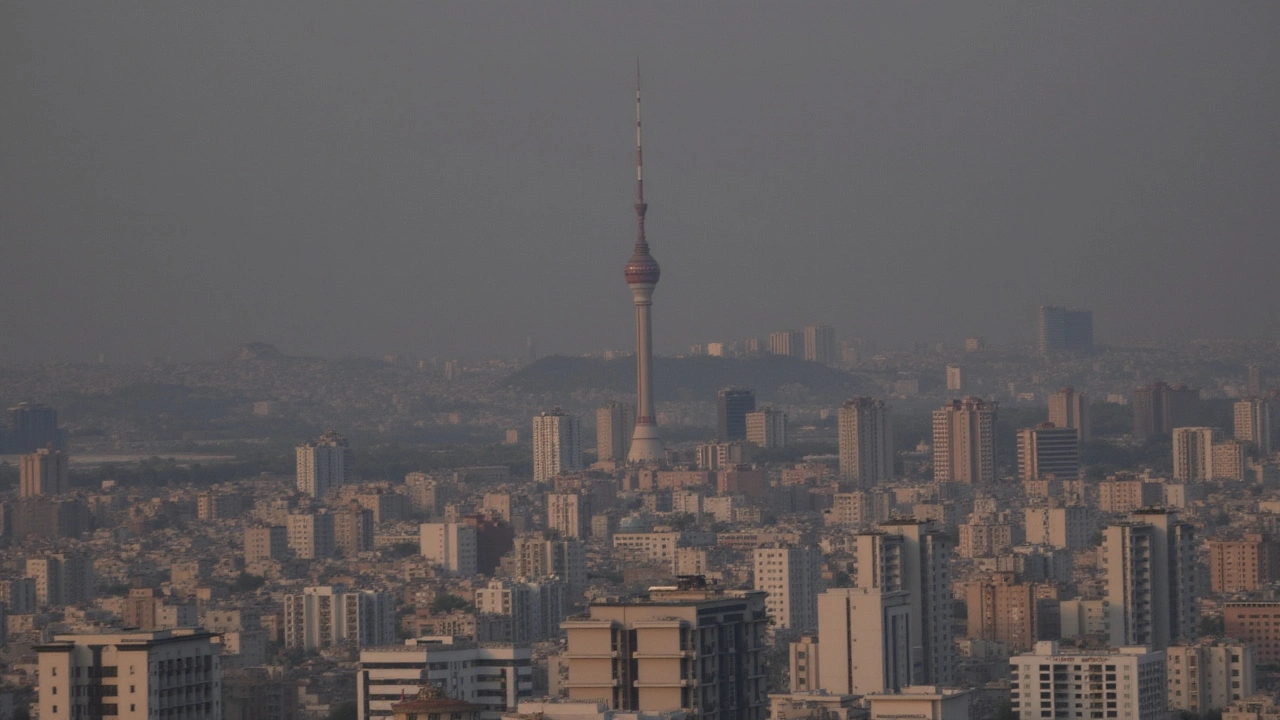When news breaks about Israeli strikes, it often involves complex situations that impact many lives. Israeli strikes usually refer to military attacks from Israel, often targeting groups or locations in Gaza or nearby areas. These events can happen suddenly and have wide-reaching effects on peace efforts, regional stability, and civilian safety. If you're following developments, it's key to grasp what’s happening and why.
Israeli strikes generally come as a response to rocket attacks or threats from militant groups. The Israeli military aims to weaken those groups by targeting weapons caches, command centers, or launch sites. But these strikes often escalate tensions, leading to retaliatory attacks and more conflict. Understanding the back-and-forth helps clarify why the violence continues despite efforts for peace.
The human cost of Israeli strikes is a major concern worldwide. Civilians living in conflict zones face dangers like damaged homes, disrupted services, and emotional trauma. International organizations often call for restraint to prevent unnecessary suffering. While Israel stresses its right to defend itself, many voices urge dialogue and ceasefires to break the cycle of violence.
News about Israeli strikes can change quickly. To stay in the loop, rely on trustworthy sources that provide up-to-date facts without bias. Look for coverage that shows multiple perspectives and avoids sensationalism. Daily Wacek News brings you clear, straightforward updates on Israeli strikes and their wider implications. Following these stories helps you understand not just the headlines, but the real-world effects on the people and politics involved.
In a region where every development matters, being informed means seeing beyond the conflict to the hopes for a safer future. Keeping track of Israeli strikes is one piece of the bigger puzzle that shapes Middle East peace and stability.
